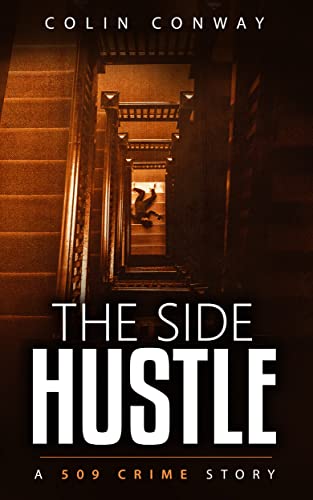
Another film project on which I worked as a script translator is now available in the US. War Sailor, a Norwegian film released last year (the most expensive movie ever made in Norway, I’m informed), has been expanded into a three-part miniseries for Netflix. I binged it last night and wish to recommend it to you.
After an opening set in Singapore after World War II, we go back to 1939 and observe our two main characters, Alfred (“Freddie”) and Sigbjørn (“Wally”). Freddie is a hard-working family man in Bergen, and Wally is his bachelor friend. Jobs are hard to find, and Wally encourages Freddie to join him in signing on to a merchant ship. Freddie’s wife Cecilia is concerned about the danger, as the war is going on, but Wally reassures her that they’re only going to New York. As both Norway and the US are neutral there’s minimal danger, he reasons. Anyway, he promises to keep Freddie safe.
By the time they reach New York, Germany has invaded and Norway is at war. The Norwegian government has nationalized the country’s merchant shipping (one of their major industries) and put it all at the disposal of the allies for carrying war munitions and supplies. The sailors are suddenly de facto members of the Navy (albeit unarmed), without the privilege of resigning.
What follows is a season in Hell. German U-boats are taking a desperate toll on the Norwegian ships (fully half of them were sunk over the course of the war) and casualties are high. Freddie takes an underaged sailor under his wing as a sort of surrogate son, and gives up a chance to escape from the service in order to protect the young man. When their ship is torpedoed, Freddie and Wally find themselves sharing a raft with a dying man and a madman.
Meanwhile, Freddie’s family at home is struggling to make ends meet, is worried sick about him, and is facing dangers of their own from Allied bombers. It all culminates in one of those bureaucratic snafus that start in mixed signals and end in ravaged lives.
It’s tempting to call the story a tragedy, but in fact it’s better described as aggravated irony. In the world of this war, virtue is never rewarded, and no good deed goes unpunished.
Brilliantly filmed, directed, and acted, War Sailor is not light entertainment. Be prepared for strong language, horrific violence, and dark themes. Not for the kids, but well worth watching for adults.









